Kashmir white variations
Afcolbrie
10 years ago
Related Stories
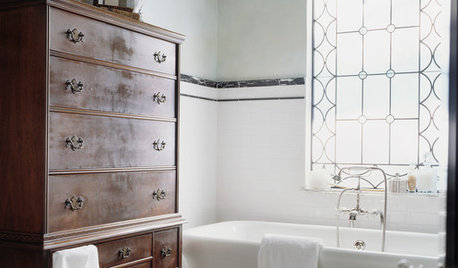
BATHROOM COLOR12 Gorgeous Black and White Bathrooms
Luxurious materials, vintage touches and thoughtful color splashes make these chic spaces worth borrowing ideas from
Full Story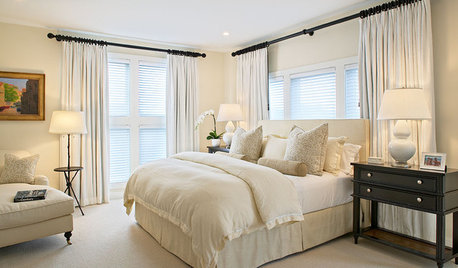
WHITEHow to Pick the Right White Paint
White is white, right? Not quite. See 8 white paint picks for 8 very different effects
Full Story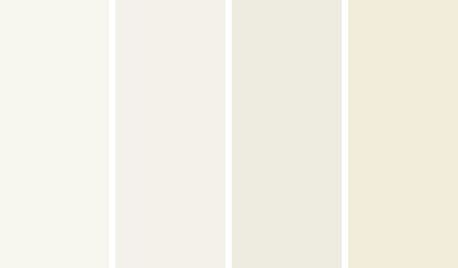
COLORColor of the Year: Off-White Is On Trend for 2016
See why four paint brands have chosen a shade of white as their hot hue for the new year
Full Story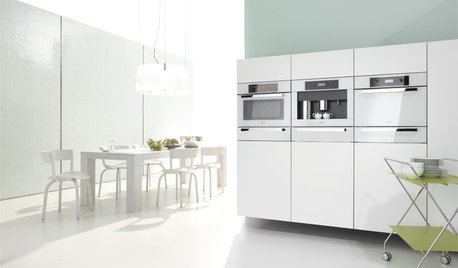
KITCHEN DESIGNWhite Appliances Find the Limelight
White is becoming a clear star across a broad range of kitchen styles and with all manner of appliances
Full Story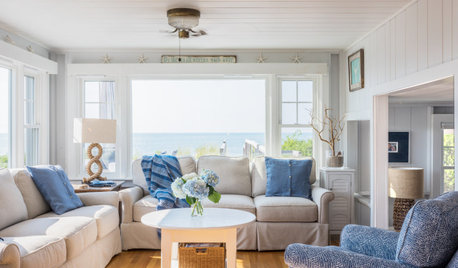
WHITEWhat to Know Before You Paint Your Walls White
A coat of white paint can do wonders in one room and wreak havoc in another. Here are tips for using the popular hue
Full Story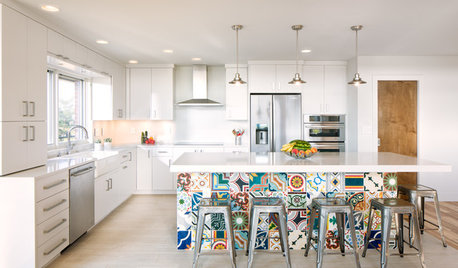
KITCHEN DESIGNNew This Week: 4 Ways to Punch Up a White Kitchen
Avoid the hospital look by introducing a bit of color, personality and contrast
Full Story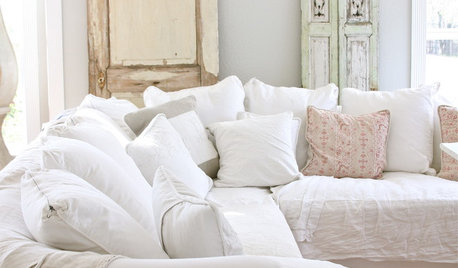
WHITEWhite Slipcovers for Pure Practicality
With a washing machine and bleach on your side, white slipcovers for couches and chairs keep your furniture looking pristine
Full Story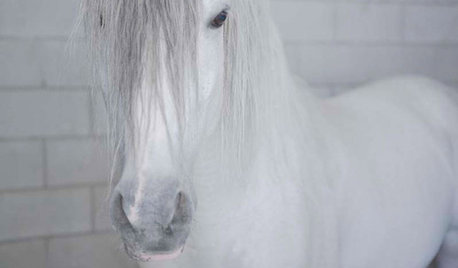
COLORNature’s Color Wisdom: Lessons on White From the Great Outdoors
Blizzard fierce or butter soft, white can highlight shapes, unify a room and perform miracles on the cheap
Full Story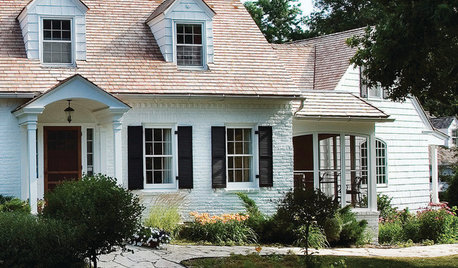
EXTERIOR COLORWhite Delights on Home Exteriors of All Styles
You can't go wrong looking on the bright side for a home's exterior — white exteriors like these have been succeeding for hundreds of years
Full Story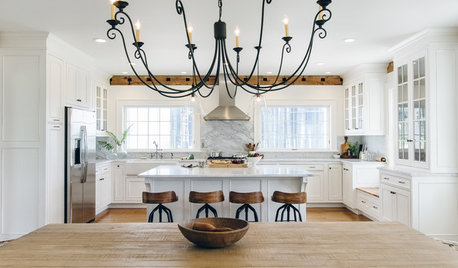
WHITE KITCHENS4 Dreamy White-and-Wood Kitchens to Learn From
White too bright in your kitchen? Introduce wood beams, countertops, furniture and more
Full Story





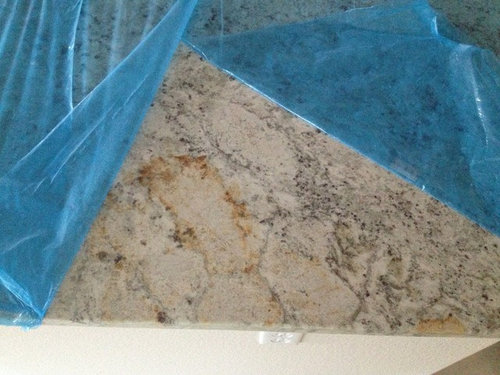

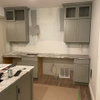
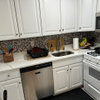
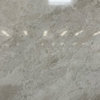
AfcolbrieOriginal Author
karin_mt
Related Professionals
Carson Kitchen & Bathroom Designers · Fresno Kitchen & Bathroom Designers · Greensboro Kitchen & Bathroom Designers · Hammond Kitchen & Bathroom Designers · Northbrook Kitchen & Bathroom Designers · Peru Kitchen & Bathroom Designers · South Farmingdale Kitchen & Bathroom Designers · Shamong Kitchen & Bathroom Remodelers · Albuquerque Kitchen & Bathroom Remodelers · Idaho Falls Kitchen & Bathroom Remodelers · Schiller Park Kitchen & Bathroom Remodelers · Shawnee Kitchen & Bathroom Remodelers · York Kitchen & Bathroom Remodelers · Glendale Heights Cabinets & Cabinetry · Fayetteville Tile and Stone ContractorsAfcolbrieOriginal Author
Gracie
Madeline616
AfcolbrieOriginal Author
Stoneshine
karin_mt
AfcolbrieOriginal Author
Stoneshine
doonie
karin_mt
melissaki5
AfcolbrieOriginal Author
AfcolbrieOriginal Author